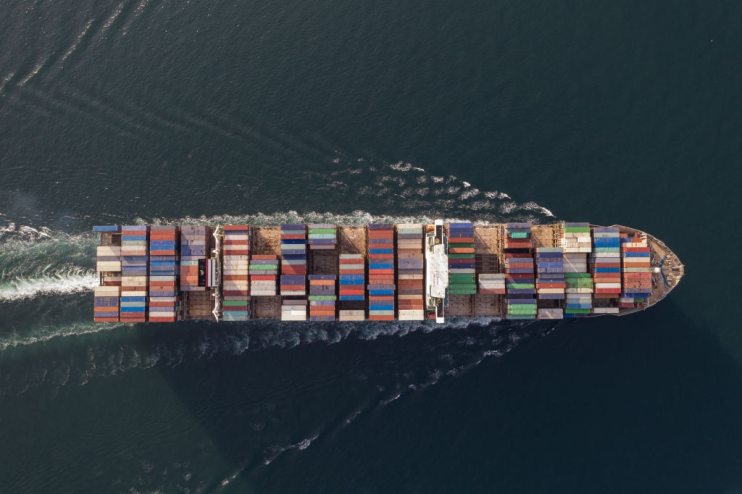Oil giants face major hit from UN climate rules shaking up the shipping sector

Oil giants are set to face a major hit from new climate regulations on ship owners, which will eventually stop them from using high-polluting shipping fuels, analysts have warned.
Under agreements made in July, the International Maritime Organisation (IMO) – the UN agency which sets legally binding regulations on international shipping – ruled that nearly every ship will need to operate with zero emissions within the next 15 years.
This, experts said, will drastically reduce the sector’s demand for oil, which uses over 200m tonnes of oil per year.
Dr Tristan Smith, an expert in energy and transport at UCL, warned of a “brutal decade” ahead for shipowners and groups with large investments in the sector.
The result of these rule changes will be “toxic bottom line shocks” for oil companies, with the shipping industry traditionally seen as one of their most reliable consumers. Smith added that there was “no good evidence they are at all prepared.”
However, while Oddmund Føre, head of shipping and offshore at Rystad Energy, agreed that the IMO’s July emission targets would slash demand for oil, he argued this “only accounts for 7-8 per cent” of the total demand for oil.
“The energy majors are well underway in the energy transition, and they have already shifted a lot of their focus towards greener sources of energy,” he told City A.M.
“The bottom line is that we need to see stricter regulation in the shipping industry to make sure that we see alternative fuel adoption at a higher level than is the [current] outlook,” he said.
City A.M. contacted a number of big oil giants, including Shell and BP, to comment on the issue, but they declined to comment.
Other green rules from the IMO are also causing a shake up in the sector.
In January, the IMO introduced a Carbon Intensity Indicator (CII), which grades ships on their green credentials from A to E, with ships ranked at the lower end of the scale forced to pay a penalty.
This change has sparked a row between ship owners and oil and commodity groups, who often charter ships in large numbers for their trading needs, over who should pay up if a ship’s’ emissions standards slip to the lower end of the grading system.
Nick Austin, a shipping lawyer and partner at Reed Smith, explained to City A.M. that while the ship owner ultimately “carries the regulatory burden” of complying with the rules, the IMO’s indicator is “driven by how the charterer uses the ship”, which is what has led to the spat.